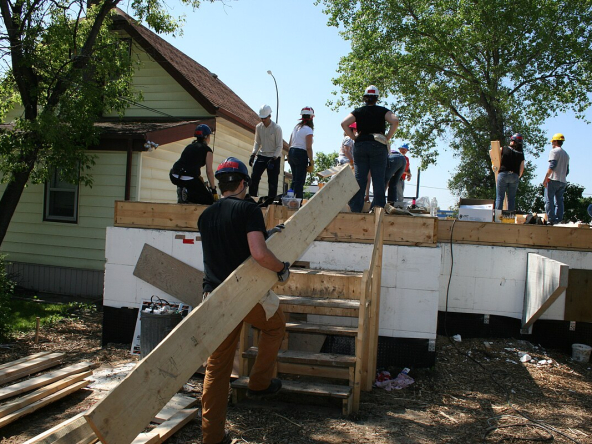In the world of property management, success goes beyond well-maintained structures; it hinges on cultivating positive relationships within the neighborhood. Creating an environment where residents feel connected, respected, and engaged plays a pivotal role in the overall success of any property. Let’s delve into the ways property managers can foster these positive neighborhood relations and pave the way for enduring prosperity.
Understanding the Significance of Neighborhood Relations
Neighborhood relations significantly impact the desirability and sustainability of any property. Positive relationships among residents not only enhance the living experience but also contribute to the property’s long-term success. Here’s how property managers can foster these relations:
Open Communication Channels: Transparent and open communication is the cornerstone of positive neighborhood relations. Establishing accessible channels such as community newsletters, digital platforms, and regular meetings cultivates a sense of belonging and encourages residents to voice their opinions, concerns, and ideas.
Engaging Community Events: Organizing community events and activities encourages interaction among residents. Whether it’s seasonal celebrations, volunteer initiatives, or recreational gatherings, these events provide opportunities for neighbors to connect, fostering a sense of camaraderie and belonging.
Encouraging Collaboration: Supporting collaborative efforts within the neighborhood creates a cohesive community. Initiatives like neighborhood improvement projects, shared garden spaces, or joint neighborhood watch programs not only improve the locality but also strengthen bonds among residents.
Resolving Conflicts Amicably: Conflicts are inevitable in any community, but how they are handled determines the community’s strength. Implementing conflict resolution mechanisms, providing mediation support, and fostering a culture of respectful dialogue are vital in addressing and resolving disputes.
Challenges and Solutions
Challenges often arise when striving to build positive neighborhood relations, but each obstacle presents an opportunity for growth and improvement.
Diversity and Inclusion: Communities are diverse, and embracing this diversity can sometimes be a challenge. Creating inclusive spaces, respecting different cultural practices, and celebrating diversity through inclusive events and programs foster an environment where all residents feel valued and included.
Sustaining Engagement: Sustaining community engagement requires consistent effort. By introducing diverse activities, maintaining communication channels, and regularly seeking feedback, property managers can sustain residents’ interest and participation.
Measuring Success
Measuring the success of fostering positive neighborhood relations goes beyond quantitative metrics. It involves assessing the sense of belonging, increased community involvement, and a reduction in conflicts. Surveys, feedback loops, and observing increased participation in community events are indicative of successful relations.
Conclusion
Positive neighborhood relations are the cornerstone of a successful property. By prioritizing open communication, fostering collaboration, celebrating diversity, and embracing conflict resolution, property managers can nurture a sense of community that not only enhances the living experience but also contributes to the long-term prosperity of the property. As property management continues to evolve, investing in these relationships will remain integral for sustained success and a thriving community.




